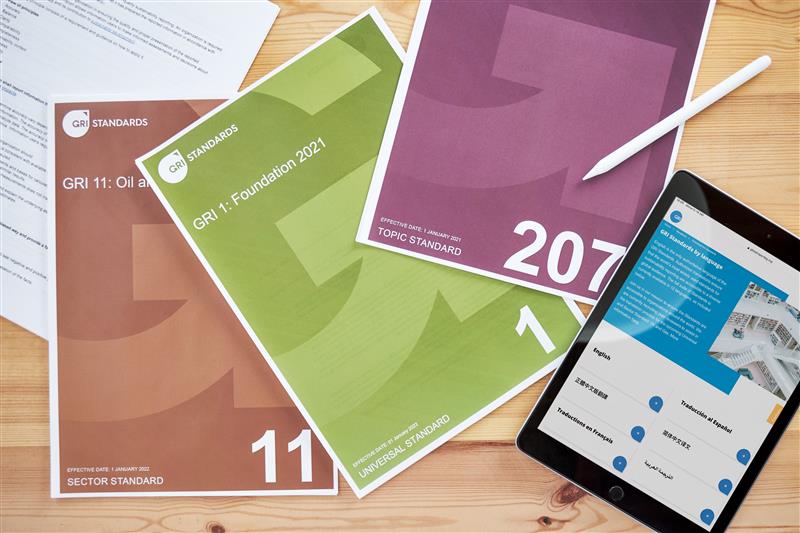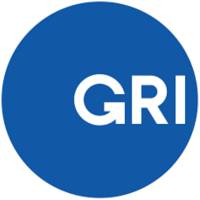GRI global adoption by top companies continues to grow
Latest research confirms that the GRI Standards lead the way for sustainability reporting in all global regions

Photo credit: GRI
Sustainability reporting around the world by major companies is now ‘business as usual’, with nine-in-ten of the companies that do report choosing to use the GRI Standards, according to a comprehensive new survey.
The 2024 edition of the KPMG Survey of Sustainability Reporting looks at the reporting practices of 5,800 companies – comprised of the largest 100 companies in each of 58 countries (the N100). It revealed that GRI usage has risen to 71% (up three percentage points on 2022), while among a subset of the 250 largest multinationals (the G250) GRI adoption is steady, at 77%.
Key findings in the survey include:
- GRI continues to be the most widely used by companies across all regions: Asia-Pacific (75%), Europe (71%), Americas (70%), and Middle East & Africa (64%). . GRI continues to be the most widely used by companies across all regions: Asia-Pacific (75%), Europe (71%), Americas (70%), and Middle East & Africa (64%).
- The countries with the highest GRI adoption rates by leading companies are Taiwan (100%), Singapore (97%), Spain, Japan and South Korea (all 94%).
- Companies obtaining independent sustainability assurance has risen to 54% in the N100, and 69% of the G250 – reinforcing IFAC analysis that GRI reports are the most frequently assured.
- There is growing application of ‘double materiality’ assessments, now undertaken by half of the G250, indicating an increased understanding of the need to disclose socio-environmental impacts in addition to financial risks and opportunities.
- There are signs of early adoption of the newly available European Sustainability Reporting Standards, and the International Sustainability Standard Board’s IFRS-S2, while voluntary practices led by the GRI Standards remain prevalent.
It is hugely encouraging that a growing number of leading companies around the world – over 70% – are using the GRI Standards. Sustainability reporting is more relevant than ever. Understanding and disclosing material topics is a crucial step in developing a robust sustainability strategy, informing the wider business strategy and, of course, managing risks and unlocking value. It is also clear that the advent of new regulations and disclosure expectations, which the KPMG survey is starting to reflect, will further mainstream the practice of sustainability reporting. The good news for the thousands of GRI reporting companies is that they are well prepared to also apply other standards, and GRI will help them on their disclosure journey.
Cristina Gil White, Interim CEO of GRI
The biannual KPMG research builds on recent analysis from the International Federation of Accountants (IFAC) that the GRI usage rate among 1,400 leading companies is 77%, while WBCSD’s Reporting Matters 2024, published on 7 November, found 83% of 181 large companies assessed report with the GRI Standards.
Meanwhile, the 2024 ‘Carrots & Sticks’ report, released last week, tracked sustainability and ESG policies set by governments, agencies and other bodies. Of the global total, 18% (477 policies) reference GRI, with six mandating compliance and 127 recommending adoption.
GRI provides training, services and support to help organizations on their sustainability reporting journey. This includes courses on the GRI Academy that address the reporting landscape, such as a new course on completing a double materiality assessment under the ESRS.

